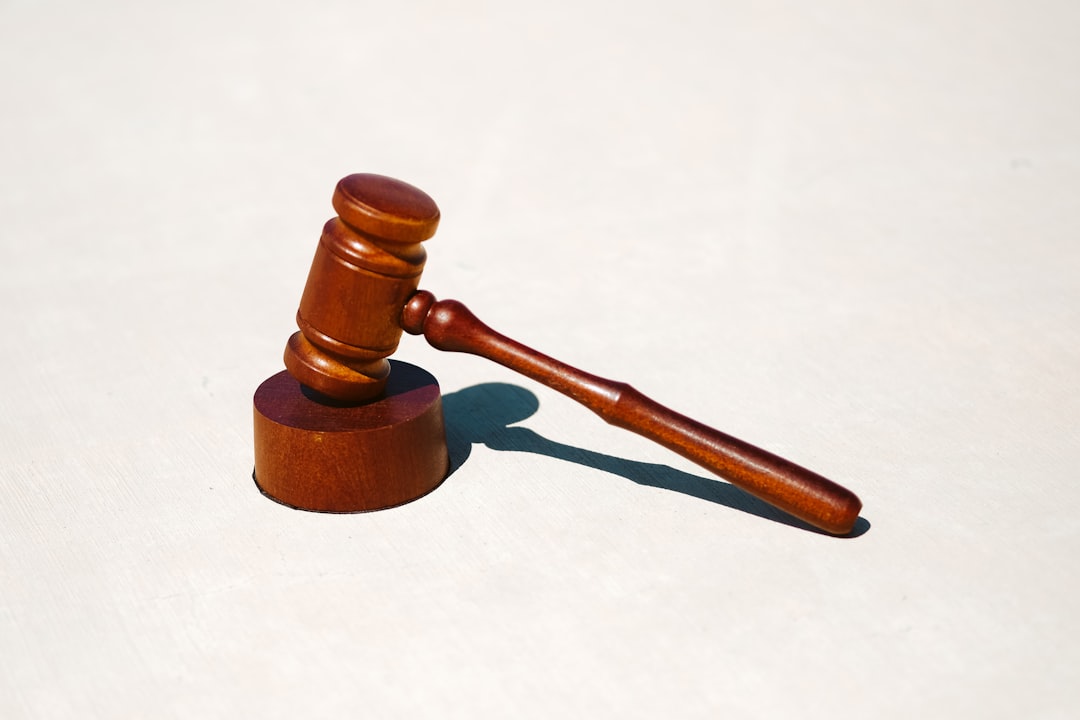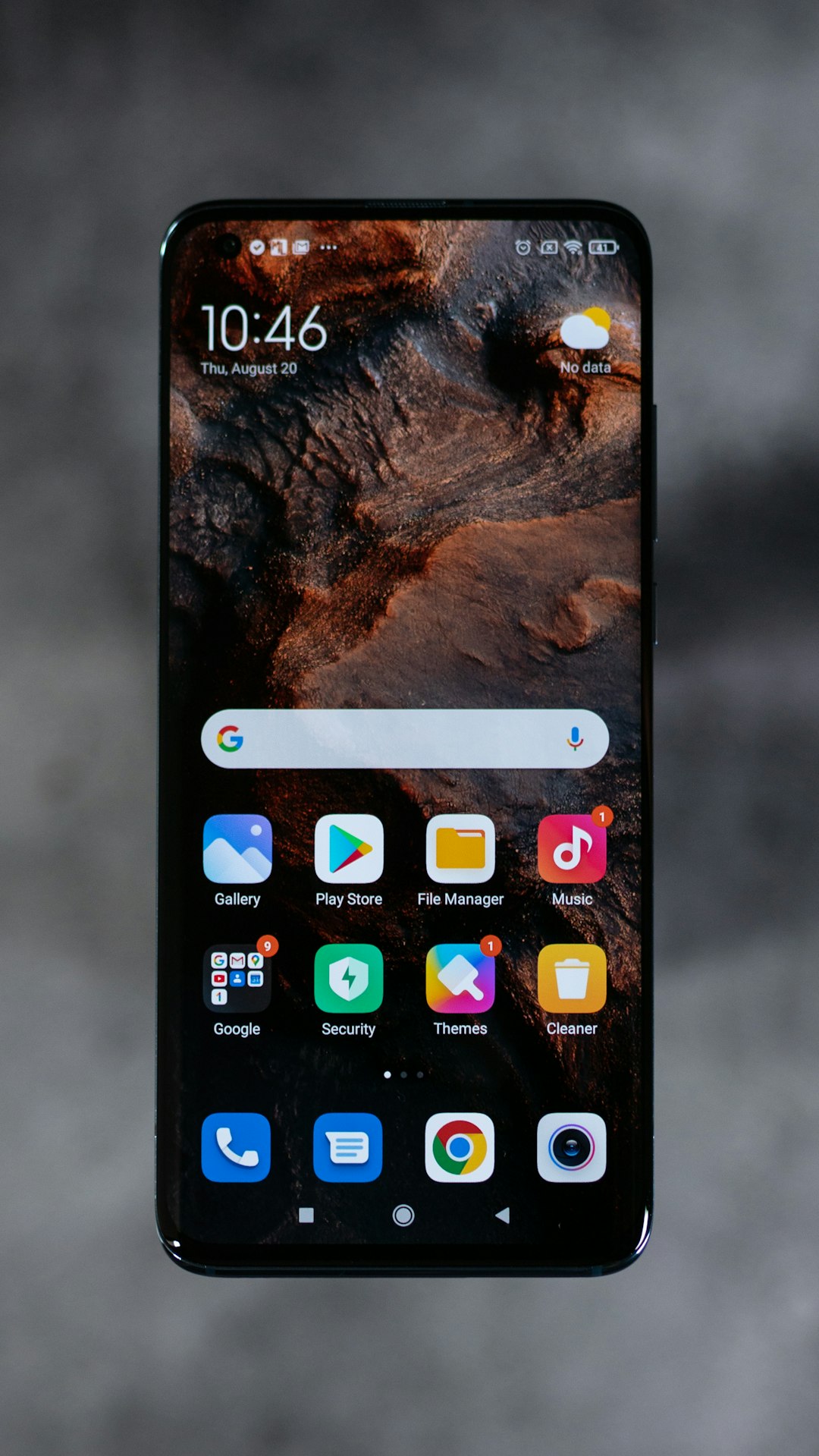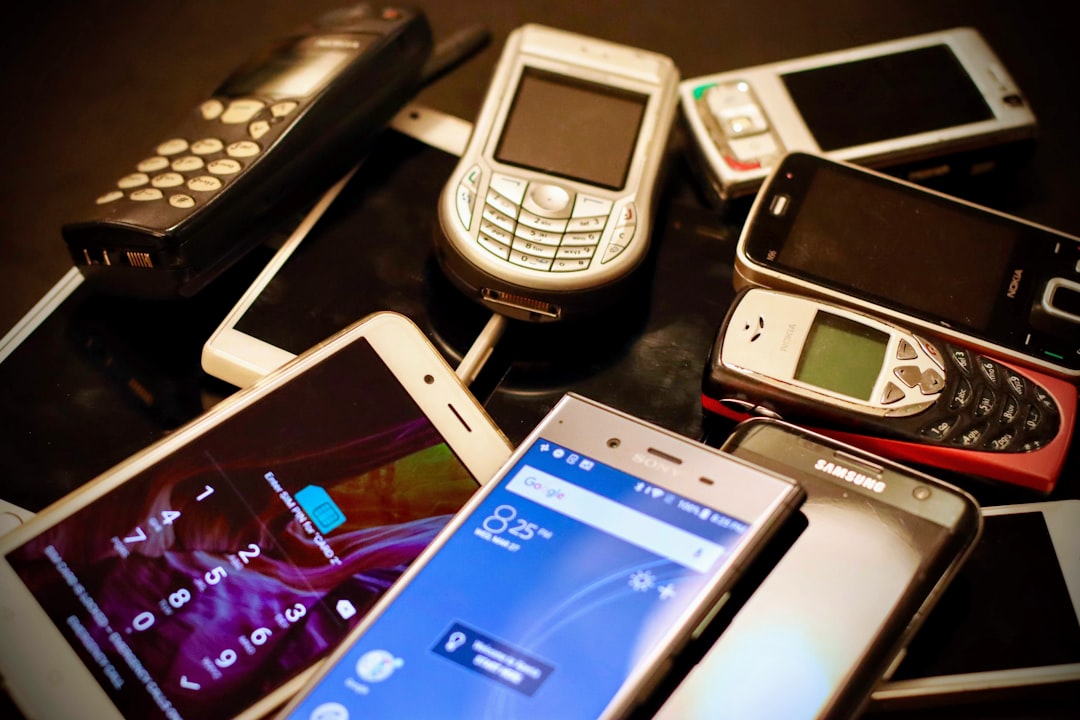Houston residents face an influx of unwanted text messages, including promotional and concerning content from unknown senders, notably "Do Not Text Attorney Houston" scams. Strict laws govern these messages, with the Texas Legal Services Board and Consumer Protection Division encouraging a "Do Not Text" policy for attorneys. To combat this, residents can block senders directly or download apps that filter and block spam texts, significantly reducing nuisance messages. Specialized services and apps, integrated with phone settings, offer advanced communication control, reclaiming digital space from unwanted intrusions like "Do Not Text Attorney Houston."
Unwanted text messages are a common nuisance, but in Houston, you have rights and options to protect yourself. “Understanding Unwanted Text Messages in Houston” explores the rise of this pervasive issue and delves into legal protections available under Texas law, specifically addressing what’s permissible and prohibited when it comes to Do Not Text Attorney Houston initiatives. Learn effective strategies to block incoming texts and discover powerful tools and apps designed for enhanced protection. We also share inspiring case studies of individuals who successfully navigated these challenges.
Understanding Unwanted Text Messages in Houston

In today’s digital age, Texans in Houston, like many others across the country, often face an unwanted deluge of text messages from unknown senders. These random texts, commonly known as spam, can range from promotions and advertisements to more concerning content. Recognizing that not all text messages are created equal, it’s crucial for residents to understand the nature of these unsolicited communications. Often, spammers target specific demographics or use automated systems to blast out mass messages, hoping to capture a few interested recipients.
One common type of unwanted text in Houston involves legal services, with senders posing as “Do Not Text Attorney Houston” trying to lure individuals into hiring legal representation through deceptive messaging. These texts can be particularly problematic, as they may exploit sensitive situations or urgent needs, pressuring recipients into making hasty decisions without fully understanding the source or implications.
Legal Aspects: What's Permissible and Prohibited

In Houston, as in many places, there are strict laws surrounding unwanted text messages, particularly those from legal professionals. The Texas Legal Services Board and the Consumer Protection Division enforce regulations that dictate how attorneys can communicate with potential clients. Specifically, a “Do Not Text” attorney policy is not only encouraged but also legally permissible under certain conditions.
According to the American Bar Association’s Model Rules of Professional Conduct, attorneys must respect client privacy and communication preferences. While text messages can be an efficient way to reach individuals, sending unsolicited texts, especially for marketing purposes, can result in disciplinary action. Therefore, Houston-based legal professionals are advised to refrain from texting clients unless they have obtained prior consent, ensuring compliance with both state laws and professional ethics.
Effective Strategies to Block Incoming Texts

Unwanted text messages can be a nuisance, especially when they’re persistent and from unknown sources. In Houston, blocking these intrusive texts is easier than you think. Start by identifying the sender – if it’s a recurring number that you know isn’t a friend or family member, it’s likely a marketing message or even a scam attempt. Once identified, most smartphones offer an easy “Block” option for each individual contact. This simple step prevents future messages from reaching your device.
For added protection against unwanted Do Not Text Attorney Houston messages and other nuisances, consider downloading apps designed to filter and block spam texts. These applications analyze incoming messages and automatically block known scam artists and marketing companies. By combining these technological tools with smart contact management, you can create a virtually spam-free texting experience in Houston.
Tools and Apps for Enhanced Protection

Unwanted text messages can be a nuisance, especially when they’re from unknown sources or promotional companies. Luckily, there are several tools and apps designed to help Houston residents protect themselves from these annoying interruptions. One effective method is to use specialized Do Not Text Attorney Houston services that filter and block incoming texts from unauthorized senders. These services often integrate with your phone’s existing settings, allowing you to customize your privacy preferences.
Many popular apps offer robust protection by maintaining extensive databases of known spam numbers. They employ advanced algorithms to identify and automatically block these texts before they even reach your inbox. Additionally, some apps provide features like call screening and custom alert systems, ensuring that you only receive communications from trusted sources. By leveraging these tools, residents of Houston can enjoy a quieter, more peaceful digital experience.
Case Studies: Success Stories of Blocking Unwanted Communication

In the bustling city of Houston, where everyone from folks to professionals juggle a hectic pace, unwanted text messages can be particularly intrusive and frustrating. But there’s hope! Many residents have successfully navigated this modern-day enigma by employing effective strategies to block unwanted communication, especially those pesky “Do Not Text Attorney Houston” messages that seem to pop up out of nowhere.
Case studies reveal inspiring success stories where individuals took control of their digital spaces. One such example involves a young professional who, after exhausting attempts to opt-out, implemented a robust blocking system with the help of specialized apps. Within weeks, the number of unsolicited texts plummeted, providing a serene digital environment. Similarly, a student found solace from constant “Do Not Text Attorney” messages by utilizing advanced filtering tools, allowing them to focus on their studies without distraction. These stories demonstrate that empowering oneself with the right tools can lead to a quieter, more peaceful communication landscape.






